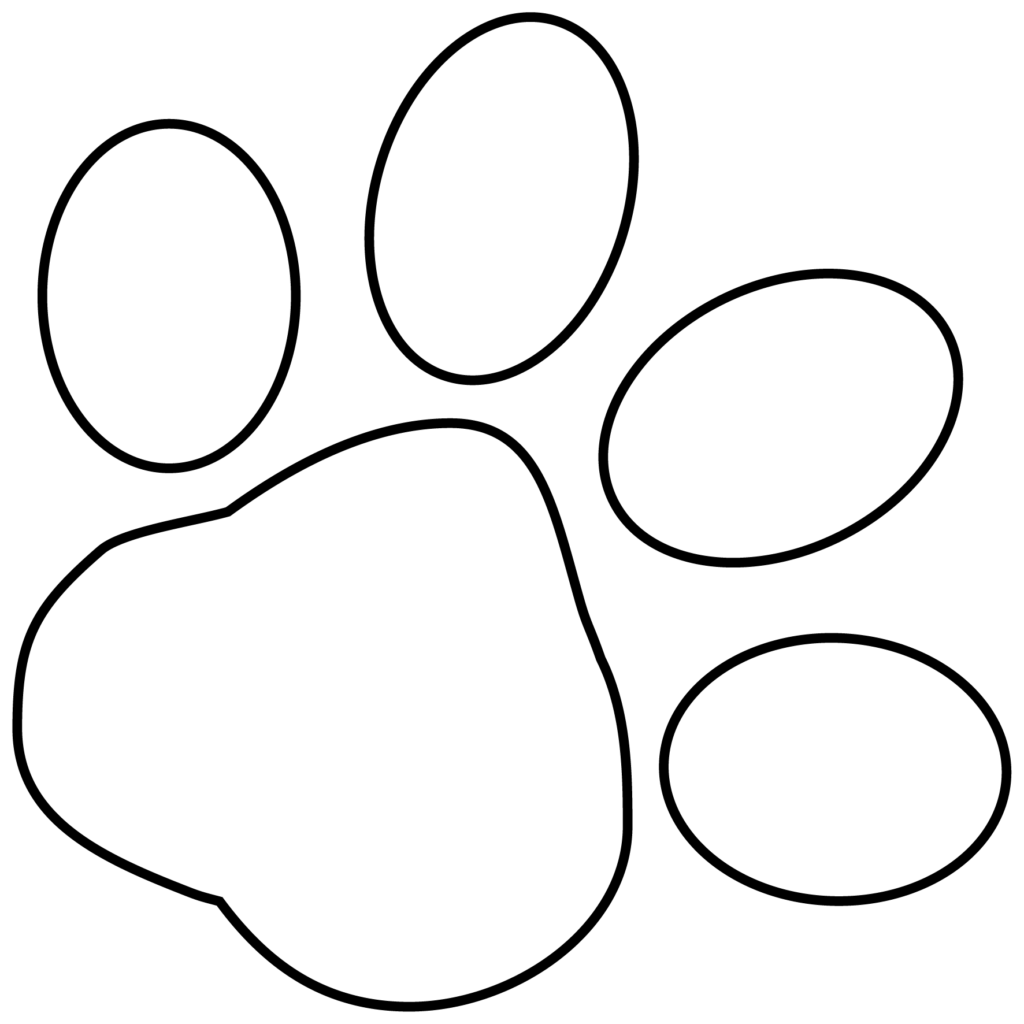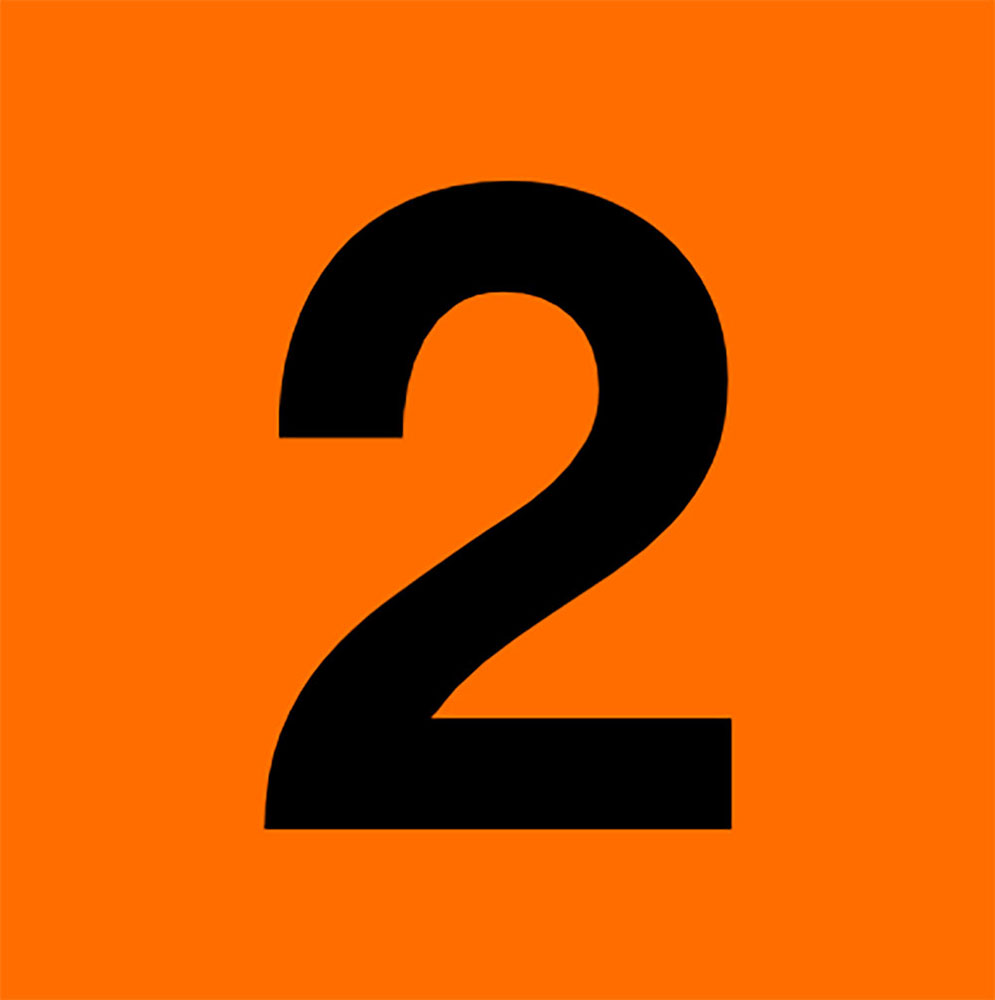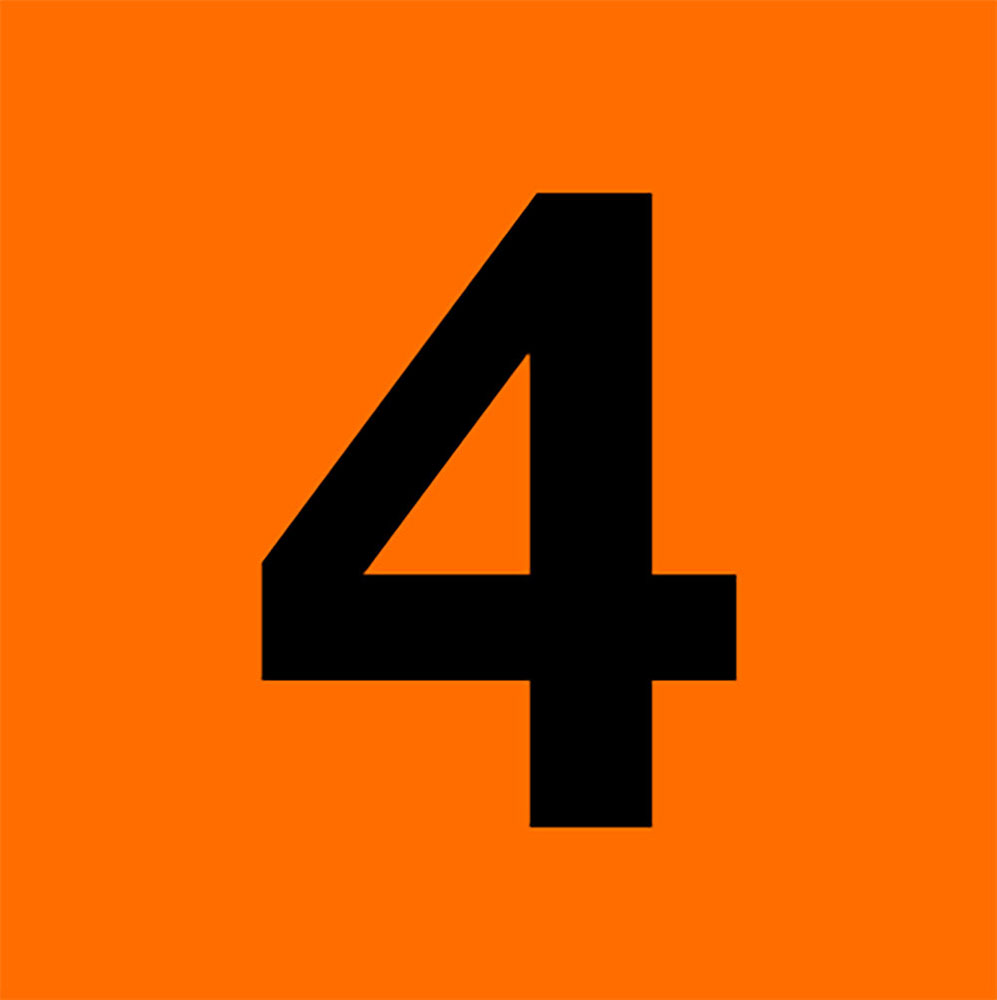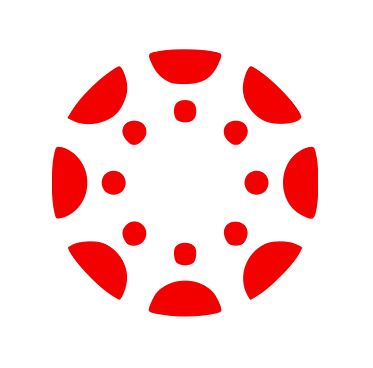
Science Knowledge Concepts, Skills, & Connections


Science Knowledge Objectives:
- Describe how science knowledge is comprised of concepts, skills, and connections with other disciplines.
- Provide examples of science knowledge related to biodiversity, ecology, and conservation biology.
- Explain how the course concepts relate to real life, including the final portfolio assignment.

Describe each of the three course topics, including how each can relate to bees.
Explain what a naturalist studies, and how they can differ from a scientist.
Outline a day trip that includes all three aspects of science discovery: exploration, description, and explanation.
Science discovery (exploration, description, and explanation) is the process used to develop science knowledge. Science knowledge is also often broken into three components: concepts, skills, and connections with other disciplines.
This course is organized around the basic concepts, skills, and connections that define environmental biology.
Each of the course topics has concepts, skills, and connections that define that area of knowledge. Here are a few examples. Once again, you may gravitate towards some aspects of knowledge more than others.

Biodiversity
Concepts: identification, taxonomic classification (Kingdom, Phylum, etc)
Skills: tracking. collecting, identification, field work, could work at genetic level, species, and/or ecosystems
Connections: loss of species biodiversity, monoculture (loss of genetic diversity), decreased habitat and ecosystem diversity
Ecology
Concepts: energy relationships, biogeochemical cycles, community interactions, succession, population distribution
Skills: sampling, observation, nets, spatial analysis, experimentation
Connections: explaining and predicting effects, modeling complexity, predicting change


Conservation Biology
Concepts: carrying capacity, population size, resource management, can include sustainability and human cultures too, build on biodiversity and ecology knowledge
Skills: interdisciplinary communication, habitat reconstruction
Connections: understanding and working with scientists and professionals from other fields
As you might imagine, some tasks draw on multiple forms of knowledge. For example, you may have a conceptual understanding of bee habitat, the skills to build a nesting structure, and the ability to manage material costs and placement in an optimal location by connecting in information from other fields.
If you are interested in constructing your own bee structure, we have a video on the resource page.
We are going to look ahead to the final project, a portfolio you will be constructing from the media pieces and quiz answers you will be producing throughout the course. You will be selecting your best work and also hopefully construct something you can use beyond this course.

If at this point you are thinking there are a lot of layers to a biology course, you are right. Usually these are not stated explicitly, but are embedded in course outcomes. However, it can be more efficient to be transparent. Different fields of study have distinct bodies of knowledge, processes for constructing that knowledge, and specific topics that are frequently covered.
We have one more layer to add, and it may be the most relevant for this course: building a personal perspective of nature and our place in the natural world.
The next section introduces perspective and explains how all parts of the course come together to change the way you experience the world.

Check your knowledge. Can you:
- Describe how science knowledge is comprised of concepts, skills, and connections with other disciplines?
- Provide examples of science knowledge related to biodiversity, ecology, and conservation biology?
- Explain how the course concepts relate to real life, including the final portfolio assignment?






